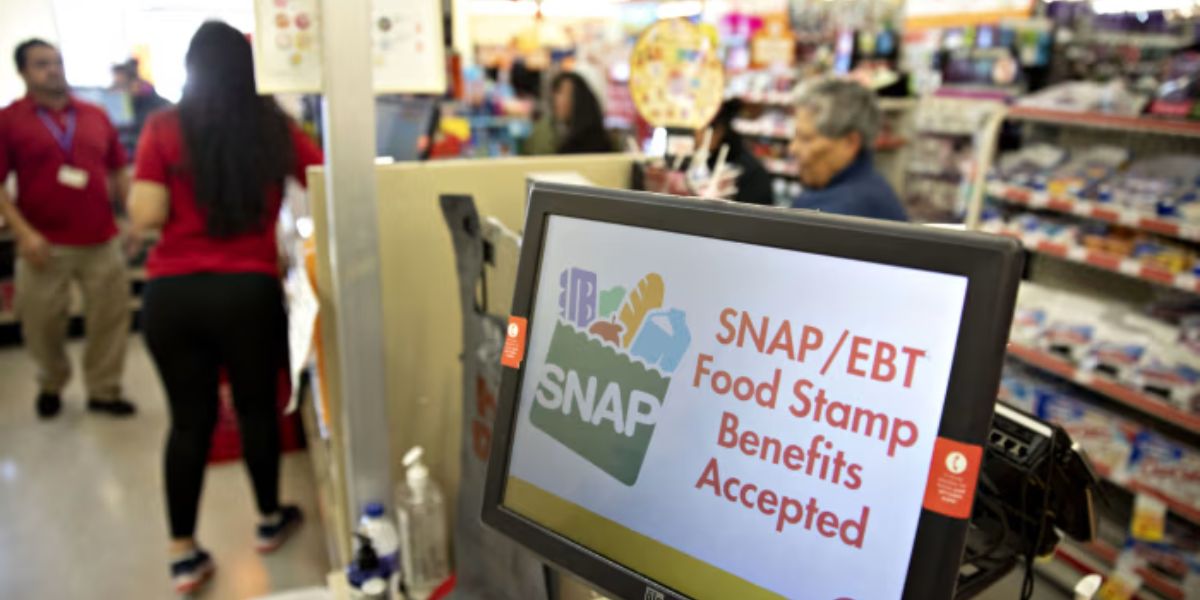The “One Big Beautiful Bill,” which is a proposed legislative overhaul, is now making its way through Congress. This bill has the potential to dramatically slash funding for the Supplemental Nutrition Assistance Program (SNAP). When it comes to purchasing food, this program is now assisting more than forty million Americans. Not only may the planned changes have far-reaching ramifications for families with low incomes, but they could also have repercussions for the entire nation.
Scope of the Cuts That Are Being Suggested
Within the following ten years, the law proposes a cut in the Supplemental Nutrition Assistance Program (SNAP) of approximately $287 billion. The program has been around for 61 years, and this would be the greatest decrease in its history. Among the most important elements are the implementation of more stringent job requirements, the restriction of exemptions, and the transfer of a sizeable amount of the responsibility for funding to state governments. It is possible that millions of people could lose their access to food aid as a consequence of these changes, which will further exacerbate the problem of food insecurity across the nation.
The Consequences on the Economy
In addition to those who are directly dependent on SNAP benefits, these cuts will have an effect on a wider range of people. According to the findings of the analysis, the reductions might result in the loss of more than 1.2 million jobs across the country, mainly in industries such as healthcare and food services. It is possible that state economies may also suffer, with expected decreases in GDP and considerable reductions in the amount of money collected from state and local taxes. The domino effect may put a pressure on public services and contribute to a slowdown in economic growth.
Pressure on the Communities in the Area
It is anticipated that local communities, particularly those located in rural and low-income areas, will shoulder a disproportionate amount of the expense. The increased financial pressure that states are experiencing may cause many of them to be unable to continue operating their SNAP programs, which may result in the disenrollment of persons who are eligible for the program. Food banks and philanthropic groups, who are already facing increased demand, could be overwhelmed as a result of this potential situation. Advocates are concerned that these changes could put an even greater number of families in a state of poverty and hunger.
Problems with the Public Health
By ensuring that people have access to food that is high in nutrients, the Supplemental Nutrition Assistance Program (SNAP) plays a significant role in promoting public health. Reductions in benefits could result in an increase in the prevalence of food insecurity, which is linked to a variety of health problems, including chronic diseases and difficulties with mental health. These cuts, according to the experts, might undo the progress that has been done in improving the outcomes of public health and could make the health inequities that already exist even worse.
Further-Reaching Consequences
Many critics say that the proposed cuts will have a disproportionately negative impact on disadvantaged people, despite the fact that they are presented as a way to lower the amount of money that the government spends. Considering that the proposal places a strong emphasis on tax cuts for individuals and corporations with higher incomes, issues regarding justice and equity have been raised. During times of economic instability, advocacy groups and lawmakers are pressing Congress to reconsider these changes. They are highlighting the significance of maintaining a robust social safety net to help all Americans, which is especially important during these times.
To summarize, the reductions in funding for the Supplemental Nutrition Assistance Program (SNAP) that have been suggested are more than just a budgetary adjustment; they constitute a shift in policy that has significant ramifications for public health, economic stability, and social fairness. While the law is being moved ahead, it is absolutely necessary for every single American to have a thorough understanding of the potential repercussions and to participate in conversations regarding the future of the social safety net in the country.


 by
by 

